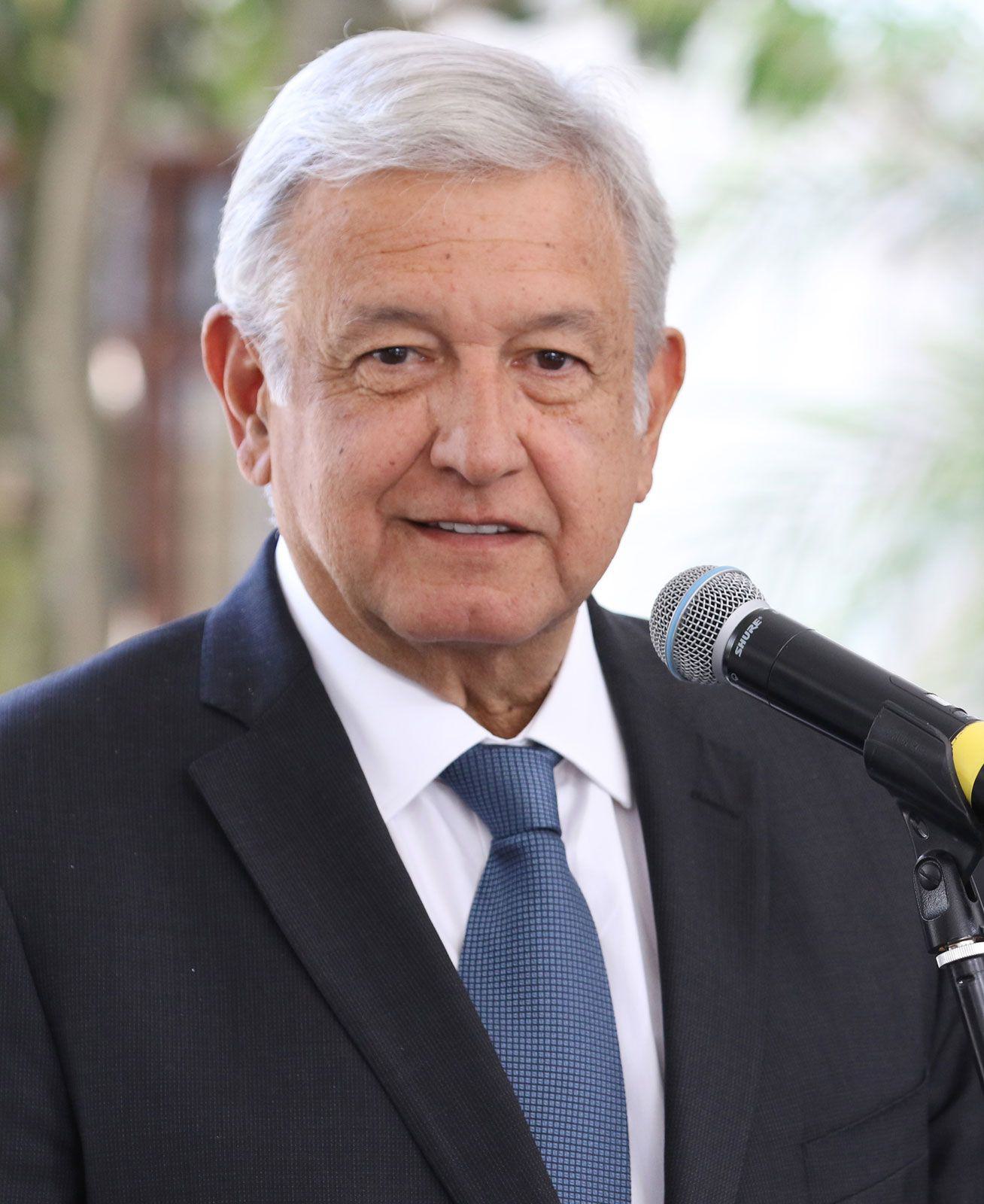The rise of Xi Jinping - Dispatch Weekly
October 17, 2022 - Reading time: 5 minutes

Chinese President Xi Jinping has solidified his power in a way that no other Chinese leader has done in decades. He has abolished term limits, giving himself the ability to stay in office indefinitely. He has also increased censorship and cracked down on dissent, making it clear that he will not tolerate any challenges to his authority. Xi Jinping’s consolidation of power has worrying implications for the future of China. It is now more clear than ever that Xi plans to rule for life, and that he will not hesitate to use whatever means necessary to stay in power. This does not bode well for the future of democracy or human rights in China.
Since taking office in 2013, Xi Jinping has systematically amassed power to himself and his allies, cementing his position as the most powerful Chinese leader since Mao Zedong.
Xi has used his time in office to consolidate power and control over the Chinese Communist Party (CCP), the government, and the military. He has tightened restrictions on freedom of expression and assembly, cracked down on dissent and civil society, and pursued an aggressive anti-corruption campaign that has ensnared many of his political opponents.
In March 2018, Xi was formally appointed to a second five-year term as CCP general secretary, and he is widely expected to retain his position as president of China when his current term expires in 2022. Xi’s continued hold on power will ensure that China remains an authoritarian state for the foreseeable future.
The consolidation of power
As Xi Jinping consolidates his power, he is becoming increasingly unchallengeable. He has made a series of moves that have centralized power within the Chinese Communist Party and made it harder for potential rivals to mount a serious challenge.
He has been appointed to key positions within the party, including head of the Central Military Commission, which controls the armed forces. He has also been given a “Unified Leadership” doctrine, which gives him complete control over party and state institutions. Additionally, he has instituted a massive anti-corruption campaign that has targeted potential rivals and furthered his own political power.
Xi Jinping is now firmly in control of China and is unlikely to be challenged anytime soon. His consolidation of power is likely to have long-term implications for the country and could lead to further authoritarianism.
The implications for China and the world
Since taking over as China’s leader in 2012, Xi Jinping has amassed more power than any Chinese leader since Mao Zedong. He has used that power to solidify his control over the country and its institutions, and to pursue an ambitious agenda at home and abroad.
The implications of Xi’s consolidation of power are far-reaching, both for China and for the world. Within China, Xi is now the undisputed leader, with no clear successor in sight. This concentration of power could lead to greater stability in the short term, but it also carries the risk of making China’s leadership less responsive to the needs of its people. In the long run, it could make China less stable and more prone to internal conflict.
Xi’s consolidation of power also has implications for China’s relations with the rest of the world. As China becomes more assertive on the global stage, other countries are likely to take a harder line against it. This could lead to a more confrontational relationship between China and the United States, as well as between China and its neighbors in Asia. In the worst case scenario, this could lead to a new Cold War between China and the West.
What Xi Jinping’s unchallengeability means for the future
Since taking office in 2013, Chinese President Xi Jinping has worked to solidify his power and position within the country. In the past few years, he has succeeded in amassing more control than any other leader in recent memory. This unchallengeability has led some to worry about what it could mean for the future of China.
Xi’s critics say that his consolidation of power is a throwback to the days of Mao Zedong, when one-man rule was the norm. They worry that Xi will use his unchallengeability to further centralize power and crack down on dissent.
Others argue that Xi’s tight grip on power is necessary for China to continue its economic development and push back against Western influence. They believe that only a strong leader can keep China on track.
Whatever the case may be, it is clear that Xi Jinping’s unchallengeability has major implications for China’s future. It remains to be seen how this will play out, but one thing is certain: the next few years are going to be fascinating to watch.
Xi Jinping has made himself unchallengeable in China, and it is unlikely that anyone will be able to remove him from power in the near future. He has eliminated his potential rivals and consolidated his power to such an extent that it would be very difficult for anyone to mount a serious challenge to his rule. Xi is likely to remain in power for many years to come, and China will continue to be ruled by a single man.

DW Staff
David Lintott is the Editor-in-Chief, leading our team of talented freelance journalists. He specializes in covering culture, sport, and society. Originally from the decaying seaside town of Eastbourne, he attributes his insightful world-weariness to his roots in this unique setting.




